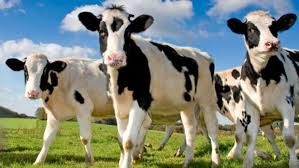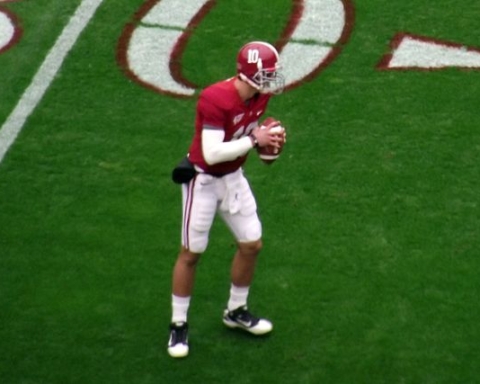The Earth is getting hotter at a faster rate than ever before. We know that in part because of research funded by the Environmental Protection Agency. An agency that under the Trump administration’s new budget would take a 31 percent decrease and probably disappear eventually. (See Diana McElfresh’s story on page 3.) Dramatic changes in the federal government can make individuals feel powerless when it comes to weighty issues like climate change, but there are little things we can do that have a big impact on the planet. One of those things is eliminating or minimizing our consumption of beef.
All major agriculture contributes to climate change, but the most harmful for the planet is beef. Getting beef from the farm onto grocery store shelves requires large amounts of water and other resources. Cows themselves produce methane.
The process leads to the clearing, cutting and burning of forests for more land to raise cows for more food, which releases more carbon dioxide into the atmosphere.
It’s a story of more, more, more, but there is one thing that’s getting lessened: the amount of food actually produced. The huge amounts of plants grown just to feed cows could feed a magnitude more people just as raw plants. The beef industry is advancing the issue of world hunger by taking what could be for many and feeding it to cows, fattening them for the slaughter.
There is good news in all this scary news. From 2005 to 2014, American consumption of beef dropped 19 percent, according to reporting by the New York Times. The resulting reduction in pollution is equal to emissions of 39 million cars — about one-sixth of registered cars in the United States in 2015.
Some of beef’s decline, according to the National Cattlemen’s Beef Association, can be credited to droughts that limited beef supply, hiking prices of the meat. Some experts predict that beef consumption will rise again when supply increases and costs drop. Let’s not let that happen.
While farming techniques have aided in the effort to lower the negative impacts of beef production in the U.S., it still has the largest carbon footprint of all food Americans eat. So, next time you crave a hamburger or a fancy steak dinner, consider the fact that, as Sujatha Bergen, a policy specialist in the NRDC’s food and agriculture program, puts it,
“Americans have been fighting greenhouse gas emissions with their forks.”
Let’s keep that fight going.
Julia Mericle is the Editor-In-Chief for The Bona Venture. Her email is mericleje13@bonaventure.edu







